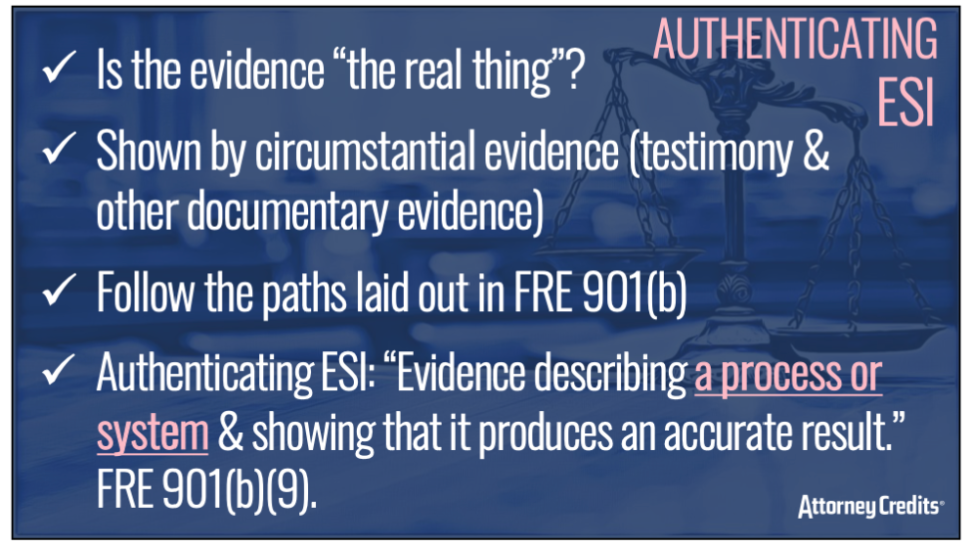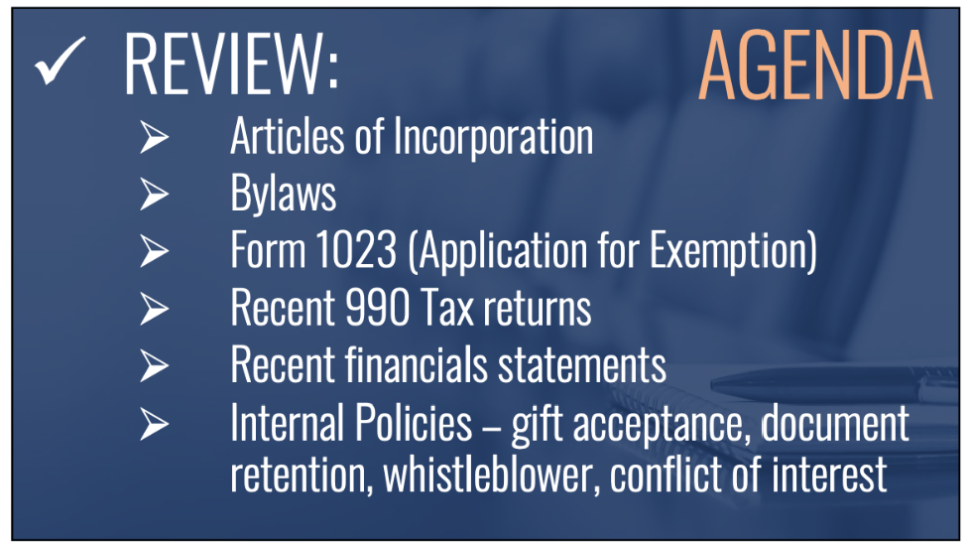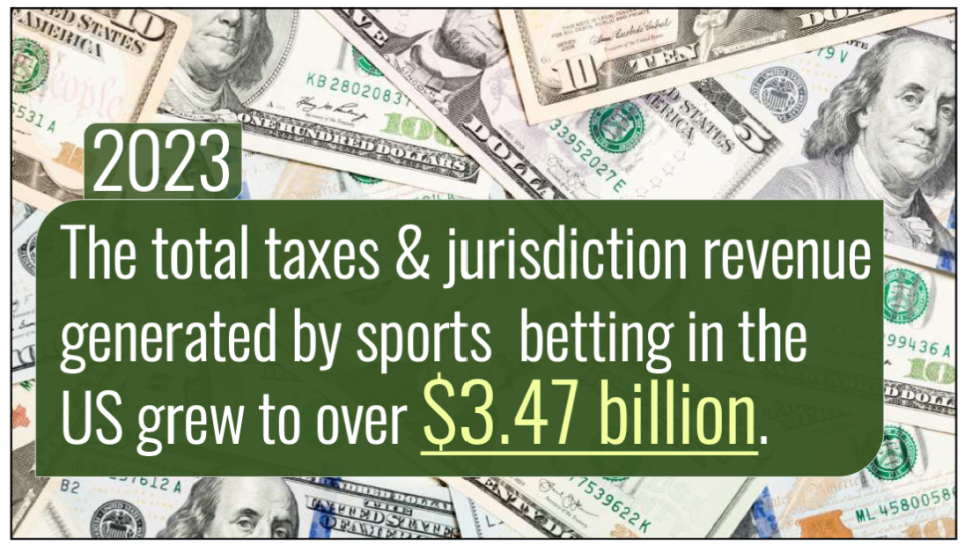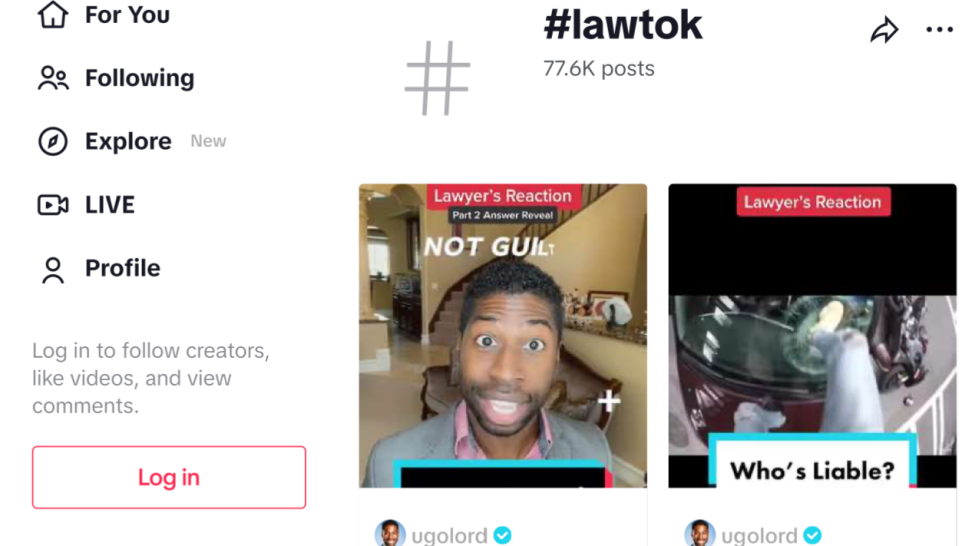In Georgia, CLE regulation operates under the Commission on Continuing Lawyer Competency. Continuing Legal Education (CLE) is required annually in Georgia. The Georgia CLE Requirements are a minimum of 12 credit hours each year. Of the required 12 credit hours at least 1.0 credit hours are required in ethics and at least 1.0 credit hours in professionalism are required. If you are…

In 2006 the FRCP was amended to include a “new” type of evidence – Electronically Stored Information (ESI). Twenty years later and almost every trial hinges on text messages, Facebook posts, IG stories, tweets, emails, blogs & countless more sources of electronic evidence.
California has a new bar exam! The California Supreme Court, on Tuesday October 22, 2024, overturned their previous denial and has given the approval for California to switch to a new bar exam that can be taken remotely and in-person. The State Bar of California has been working on the new test for over a year, and on the second try, the…
Continuing Legal Education Requirement (CLER) Florida attorneys are required to complete their Florida Continuing Legal Education Requirement (CLER) which is a minimum of 30 total credit hours during their three-year compliance cycle. At least 3 of the 30 hours must be in technology. At least 3 of the 30 hours must be in either ethics, professionalism, substance abuse, or mental health and…

So You Wanna Be an HOA Board Member?? In this CLE, Nikki Semanchik will teach you what you need to know about serving on a Board, from your initial homework & due diligence to your ethical duties & avoiding conflicts of interest.
Experienced Attorney Requirement Effective July 1, 2023 All experienced attorneys must complete a minimum of 24 total credit hours during each biennial reporting cycle. Of the 24 hours at least 4 credit hours are required in ethics or professionalism, at least 1 credit hour in diversity, inclusion and elimination of bias and at least 1 credit hour in cybersecurity. 24 total credit…
All Texas attorneys are required to complete a minimum of 15 accredited CLE hours each compliance cycle. Texas has a 1-year CLE compliance cycle, so that means you need to complete your CLE each year. Your compliance deadline is the last day of the month preceding your birth month and your reporting deadline is the last day of your birth month. Attorney…

It’s no surprise that lawyers are especially at risk for gambling disorder because addiction is already problematic for lawyers, who suffer disproportionate rates of mental & addictive disorders. A former alcoholic with a cocaine & sports gambling addition, Brian Quinn will share his personal story and take a deep dive into gambling addiction – including its warning signs, risks, co-morbidities, related ethical issues and the toll it takes on the legal profession.
California adopted new Minimum Continuing Legal Education (MCLE) requirements that start with the current compliance period. Attorneys in Group 1 (last name A – G) have a compliance period ending January 31, 2025. Group 1 attorneys have a compliance period of 2/1/2022 – 1/31/2025. If you have a January 31, 2025 compliance deadline you are required to meet the new MCLE requirements.…

TikTok does not come without ethical concerns for attorneys – especially considering the constraints of attorney advertising rules. In this CLE, Cari Sheehan will detail the ethical issues associated with using social media & TikTok and review some attorney influencer videos to see if their online conduct truly comports with the Rules of Professional Conduct.